In 1916, plans were underway to bring herds of elk and buffalo to Pisgah Forest. Difficulties and delays would plague the project.
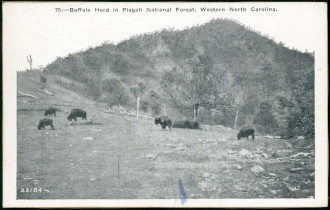

In 1916, plans were underway to bring herds of elk and buffalo to Pisgah Forest. Difficulties and delays would plague the project.
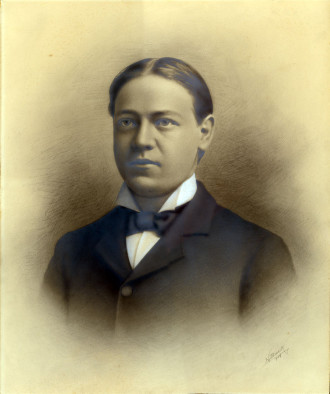
On May 23, 1885, The Asheville Citizen posed the following question to its readers: “What are we to do with our dead?” At the time, the city lacked a public cemetery. According to the newspaper, public health concerns led many religious organizations to privatize their burial sites, limiting the number of cadavers accepted at these […]
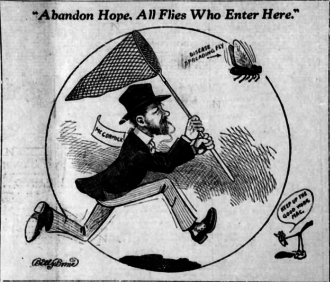
In 1905, Dr. Lewis M. McCormick arrived in Asheville. He quickly became known as “Fly Man.”
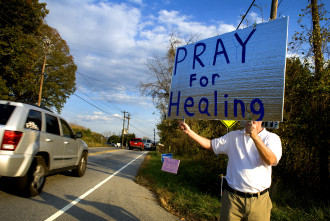
For nearly 30 years, the CTS of Asheville Superfund site has been a source of physical and social toxicity for the surrounding community. With remedial efforts to address the source of contamination finally underway, residents, activists and others reflect on the triumphs and tribulations of the decades-long battle for a clean-up and accountability.
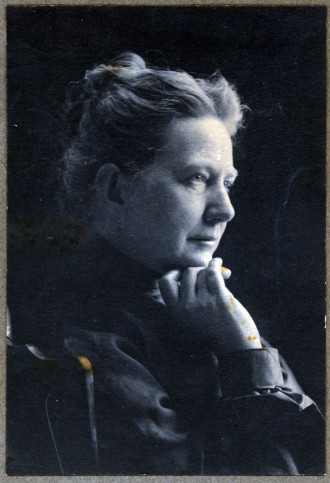
On March 11, 1890, the the Buncombe County Children’s Home opened.
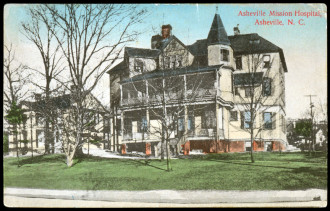
On Jan. 29, 1886, The Asheville Citizen updated its readers about the facility’s progress. The report stated that Mission Hospital, “organized in Asheville for charitable purposes … will eventually be made self sustaining by caring for paid patients[.]”
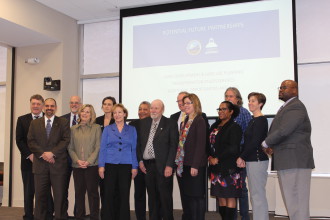
2018’s annual joint meeting of Asheville City Council and the Buncombe County Board of Commissioners highlighted issues of racial equity, police use-of-force and zoning conflicts affecting Buncombe residents.

In 1888, Asheville opened its first two public schools: the White Normal School and the “colored school.”
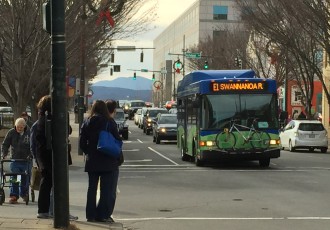
Asheville as we know it today was built upon the back of its electric streetcar system, one of the largest networks of its time. As the city finds itself in a growth spurt once again, could its defunct trolley system provide some clues to Asheville’s transit future?
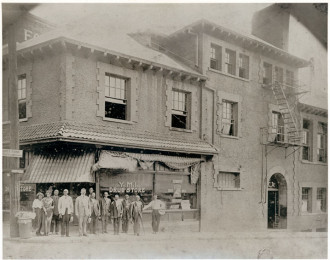
Throughout the late 19th and early 20th century, Asheville’s African-American community took to the streets on Jan. 1 of each year to celebrate Emancipation Day.
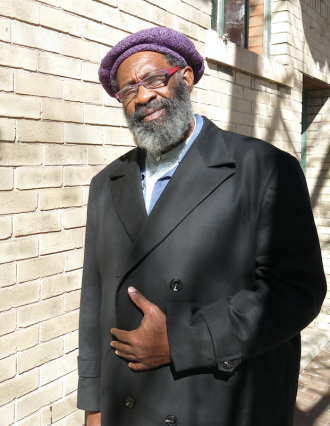
Poet and activist Zack Zachary hosts The Eccentricness of Black Folk from a Black Perspective on Thursday, Feb. 22, at The BLOCK off Biltmore. The spoken word event combines poetry, storytelling, music and conversation.
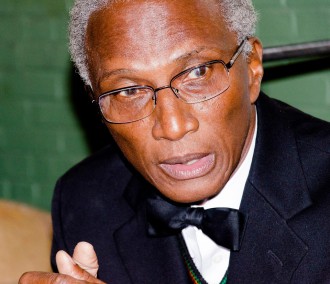
On Thursday, Feb. 22, UNCA will host a free lecture, From the Mountaintop! The Civil Rights Movement in Appalachia.
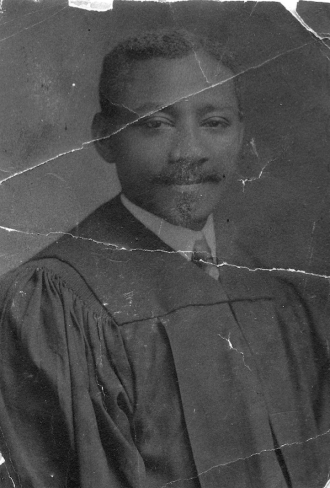
In 1906, Dr. William Green Torrence arrived in Asheville. Four years later, he would set up the city’s first African-American hospital inside his home on Eagle Street.
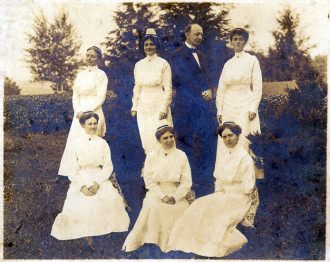
Dr. Robert S. Carroll founded Highland Hospital in 1904. Originally located on Haywood Street in downtown Asheville, it was first known as Dr. Carroll’s Sanitarium.
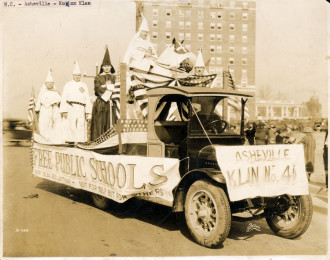
In 1900, N.C. was set to vote on an amendment to its state constitution. Literacy tests were among the additions proposed. Illiterate white men, however, need not worry. This point was made clear in a Jan 30, 1900 Q&A in The Asheville Daily Citizen. Titled, “WHITE SUPREMACY MADE PERMANENT,” the piece answered all inquiries and concerns surrounding the amendment.
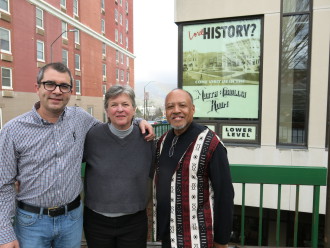
On Saturday, Feb. 3, historian Fitzhugh Brundage will participate in “Monumental Decisions: The Legacy and Future of Civil War Markers in our Public Spaces,” a free community forum. The event will also include presentations by Roy Harris and Jon Elliston, members of the Friends of the North Carolina Room.
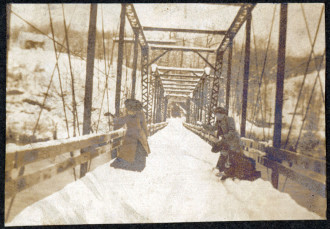
Snow fights were part of the fun during a big 1906 snowstorm. But some in the community argued that the severity of the weather did not hold a candle to snowfalls of winters past.
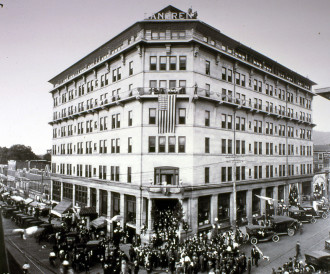
The Langren Hotel opened on July 4, 1912. It had 210 rooms and was capable of accommodating 500 guests. The city celebrated the new hostelry. Meanwhile, the Asheville Gazette News declared it “the most important achievement in the way of provision for the tourist business, in western North Carolina in a decade.”

Kimberlee Archie came on board city staff as Asheville’s first equity and inclusion manager last July. In honor of Martin Luther King Day, Xpress asked Archie to share her thoughts on King’s legacy and how it applies to the continuing effort to create equity in Asheville.
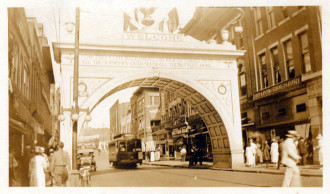
In 1919, U.S. soldiers were returning home from WWI. In Asheville, a proper welcome became the source of much local debate.
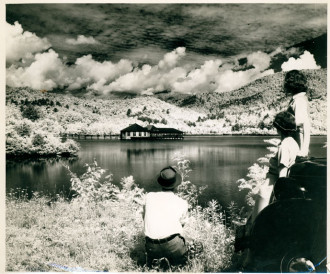
On the eve of 1918, wartime efforts overshadowed revelry.